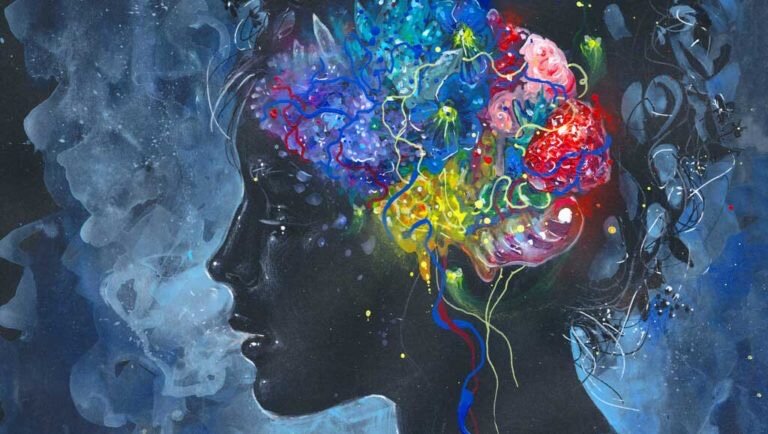The Universe Within
Prepare to have your mind blown. I can say this, incidentally, because it just happened to me. And I shared it with two people, and it was exactly the same for them.
The universe is inconceivably vast and incredibly old. How vast? No one knows. One study found that the actual universe could be at least 250 times the size of the 46.5 billion light-years we can actually see. But as Will Kinney, a physicist at the State University of New York at Buffalo, told Live Science, “There’s no evidence that the universe is finite. It might very well go on forever.”
From a different context, if you’ve ever dreamed of traveling back in time, you need just look out at the night sky; the stars you see are really snapshots of the distant past. That’s because they are so far away that the light from even the closest ones can take tens of thousands of years to reach Earth. Some of those stars we see no longer exist. We are literally looking back in time.
How far back? Well, a given human life, when placed into a year-long cosmic calendar, is equivalent to the blink of an eye. Here is said calendar visually represented:
Now for the mind-blowing news. We are vaster and older, at least according to Nobel Prize-winning physicist Frank Wilczek in his new book (out January 12, 2021), Fundamentals: 10 Keys to Reality. Sounds incredible, and it is.
Consider the vastness of our inner space — the number of atoms in your body alone dwarfs the number of visible stars in the sky. Actually, they aren’t even comparable. Stars you can see: maybe a couple thousand. Atoms that make you who you are: 10 to the 29th power, or 10 followed by 28 zeroes. Ten octillion, a number too long for me to type out and too large for any human mind to conceptualize as individual dots. To quote Walt Whitman, in Song of Myself, “I am large, I contain multitudes.”
To the final point: How can we be older than the universe? Wouldn’t that by definition be an oxymoron? Not when measured by human consciousness. To define it as Wilczek did:
The inner abundance appears when we compare the span of a human lifetime with the speed of the basic electrical and chemical processes that enable thought. This comparison reveals that a lifetime can support immensities of individual experiences and insights.
Let’s estimate that 5 words is a significant thought: “I love you very much.” Conservatively, we are easily gifted with over a billion of these in our lifetime. Again, we are now speaking in numbers that are hard to conceive. But real. Jack Kornfield once said, “The trouble is, you think you have time.” I’ve embraced this philosophy for much of my adult life, trying to seize every moment as if it were my last. But as I read Fundmentals, I shift now to an John Updike quote:
Suspect each moment, for it is a thief, tiptoeing away with more than it brings.
Time, we have enough of. People I admire historically have accomplished great things in incredibly brief lives. Think Pascal, who developed the first calculator by age 12. Mozart, who wrote his first symphony at 8. Or Mary Shelley, who published Frankenstein at age 20. What we do with our time, that is on us. We get to decide. And the fact that we get to choose in this vast and overwhelming universe — that too, to me, is perhaps the most amazing of all on this scale of the miraculous. Because you and me, we can do amazing things too.

